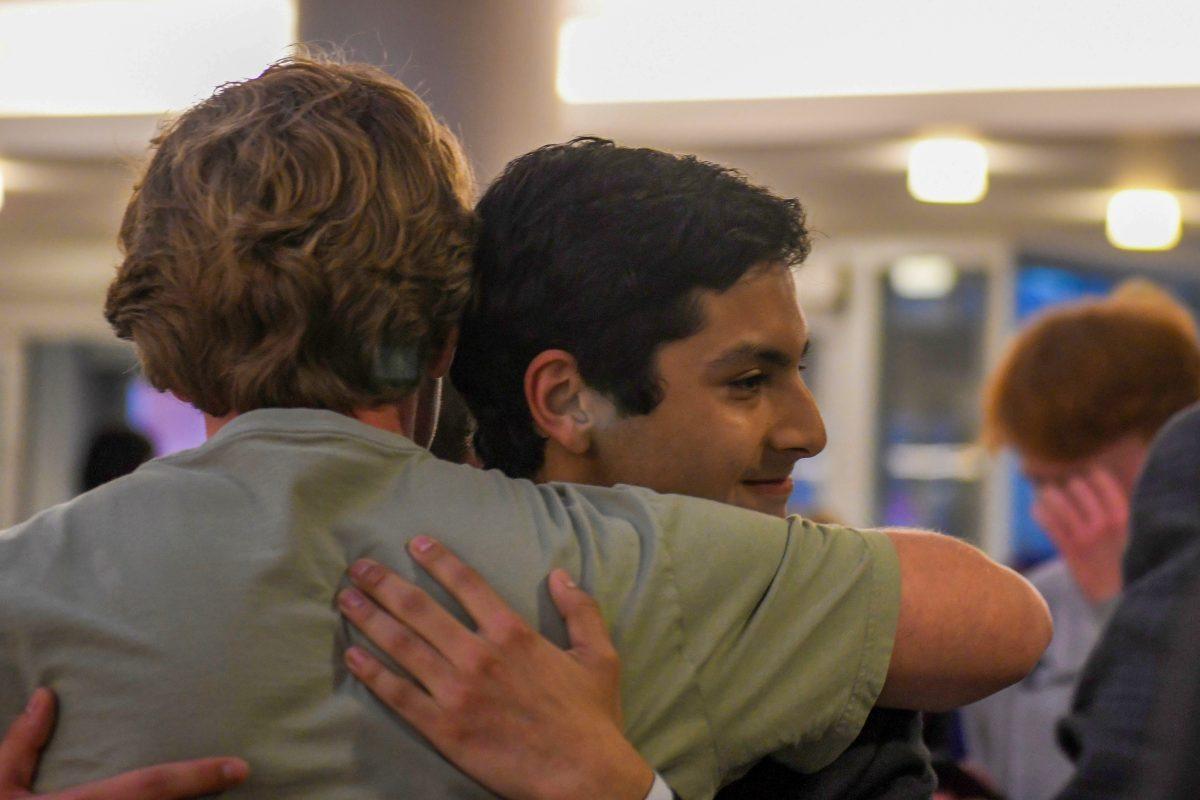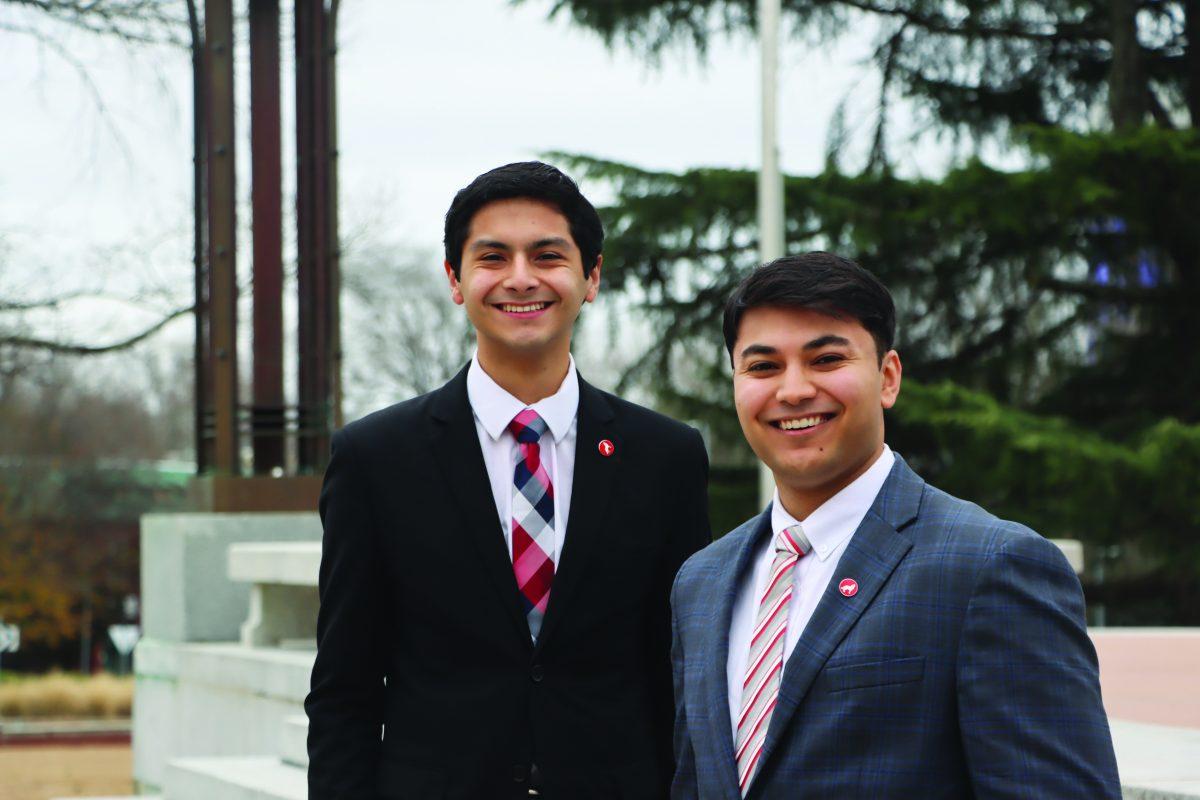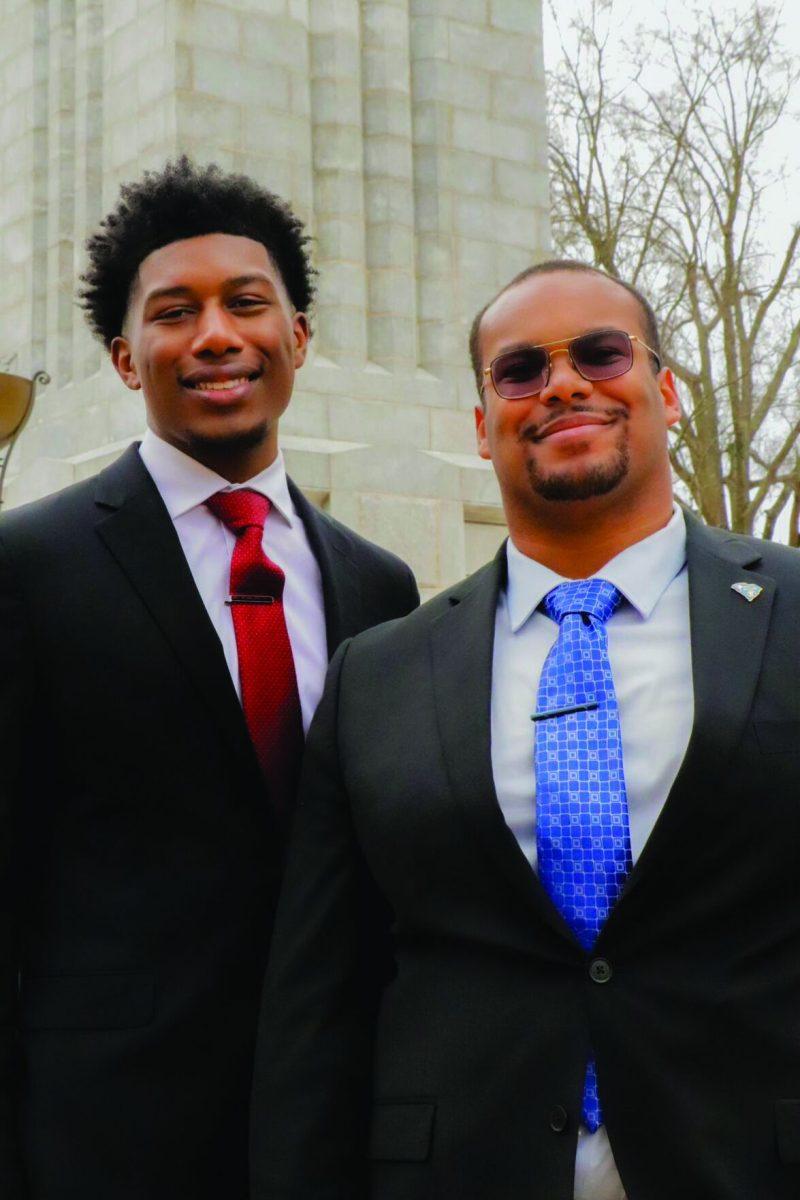Student Senate failed to pass a motion to overturn Student Body President Allison Markert’s veto of a resolution calling for a ceasefire in Gaza and divestment of University funds from Israel.
A two-thirds majority was required to overturn the veto. The motion failed with 31 positive votes, 18 negative votes and zero abstentions, meaning the veto remains in effect. The motion required 33 votes to meet the two-thirds threshold.
Resolution 29, titled “A resolution to be entitled an act to promote peace and human rights by advocating for a permanent ceasefire in Gaza, condemning hate speech and enhancing educational resources on Palestine and Israel,” originally passed with 30 positive votes, 16 negative votes and zero abstentions on Sept. 5 after a failed attempt to fast-track the resolution in April.
Markert notified Student Senate of her decision to veto the legislation Tuesday night, citing inadequate engagement with stakeholders’ concerns about the delegation of authority and a lack of representation of the student body as reasons for her decision to veto the legislation.
“I can’t sign a piece of legislation that isn’t claiming and confirming to be representative of the entire student body, and that’s what I saw throughout all of the constituents that reached out to me,” Markert said.
Markert said her choice to veto was unrelated to her role as a member of the Board of Trustees, which is a duty of every sitting student body president.
“My position in holding both of these offices do not engage with one another,” Markert said. “My role as seated as a member of the Board of Trustees — I’m wearing my trustee hat. And in this room and in these spaces, I’m wearing my student body president hat. I am able to make decisions and to sign legislation as I see fit without having to do their separate entities. I’ve worked with the chair of the Board of Trustees, I’ve worked with other people to ensure that this is the case. My choice of vetoing did not have to do with that role.”
Nalia Din, a third-year studying microbiology and corresponding senator of the resolution, said it was the Student Senate’s responsibility to pass the legislation, as multiple student organizations and over a thousand students signed a petition in support of the bill.
“We need to uphold the 1,000 students that signed a petition who want to see this legislation passed,” Din said. “We cannot assume our student body president will uphold the integrity to advocate for students internationally and with their own university, so we must do it here.”
Jon Carter, a second-year studying accounting and Student Senate Secretary, read an excerpt of an email he said he received from a Jewish student organization after the resolution was passed in which they said the language felt harmful and targeted toward Jewish students.
“This resolution was not only biased and filled with misinformation, but also perpetuated harmful and divisive rhetoric that targeted the Jewish student body,” Carter read.
Maddie Watts, a fourth-year studying political science, said it was important to reiterate the resolution’s initial purpose of calling for a ceasefire, addressing the statement that the legislation didn’t adequately represent other stakeholders.
“If we need to advocate for other communities, I will help write a bill on that — let’s do that,” Watts said. “But this is calling for peace. That’s what it is, and I think we need this legislation now. We have worked too hard to let it go away.”
Markert’s veto of the ceasefire resolution remains in effect. This is the final action regarding the resolution.












